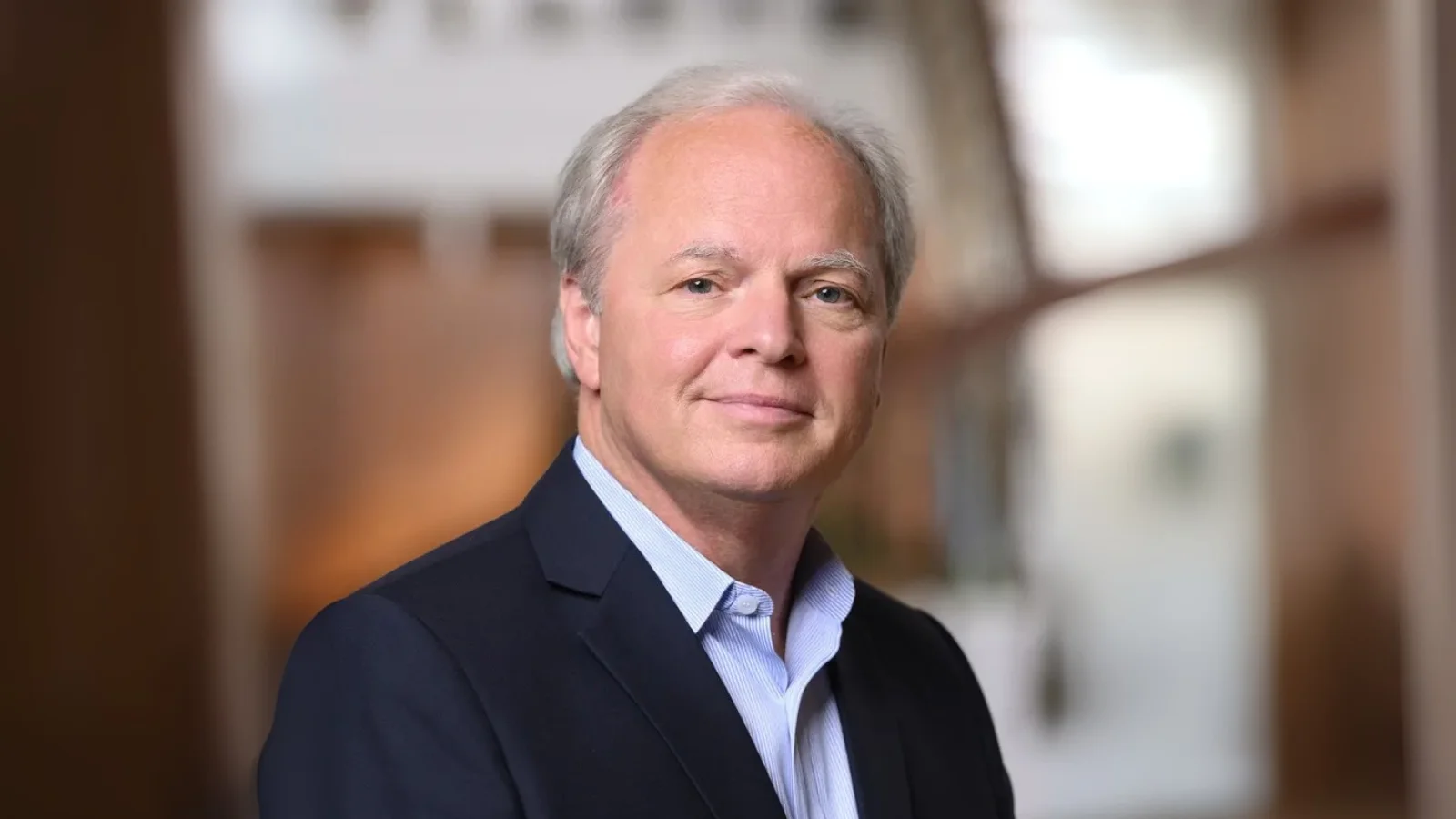The World Bank has reaffirmed its commitment to supporting Haiti amid ongoing instability and violence. Despite the high level of insecurity, which has led to the displacement of 1.3 million people as of June 2025, the organization continues to operate on the ground.
Since 2019, armed groups have increased their control in Haiti, particularly in Port-au-Prince and more recently in other regions such as Centre and Artibonite. According to data from the United Nations Integrated Office in Haiti (BINUH), over 3,100 people were killed and more than 1,100 injured between January and June 2025 due to gang violence, self-defense groups, unorganized individuals, and security force operations.
A combination of political crises, natural disasters—including earthquakes and hurricanes—and disease outbreaks over the past decade has deepened poverty and fragility in Haiti. Weak institutions, widespread perceptions of corruption, and significant inequalities have further exacerbated these issues.
In December 2024, under government leadership and with support from international partners including the United Nations (UN), European Union (EU), and Inter-American Development Bank (IDB), the World Bank launched an assessment that estimated Haiti will require $1.34 billion over two years to address immediate needs stemming from the security crisis.
Following this assessment, the World Bank approved a new Country Partnership Framework for Haiti covering 2025–2029. The framework outlines priorities for restoring governance, maintaining essential public services, and resuming economic growth. The strategy is designed to adapt as conditions change on the ground.
As part of this approach, approximately $320 million in grant financing will be made available through the International Development Association (IDA) with a focus on building resilience among vulnerable populations.
"Recently, the World Bank’s vice president for Latin America and the Caribbean stressed that the cost of inaction will be unbearable for coming generations. The World Bank, through the International Development Association, is investing to fill the glass."
The strategy focuses on three main pillars: strengthening economic governance while creating job opportunities; maintaining institutional capacity for basic service delivery; and preserving human capital by enhancing resilience against natural disasters and man-made shocks. This includes support for climate-resilient agriculture, improved infrastructure such as roads and energy access, modernization of institutions at various levels of government, disaster preparedness initiatives like early warning systems and disease surveillance improvements.
To ensure business continuity amid rising security concerns in Port-au-Prince—where armed groups controlled much of the capital—the World Bank relocated its main office to Cap Haitien. Project scopes have also been adjusted to fit new realities on-the-ground.
"The World Bank is committed to the people of Haiti."

